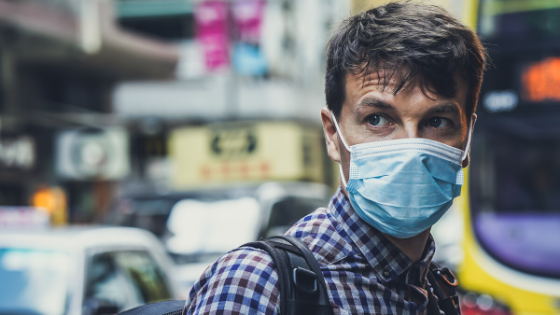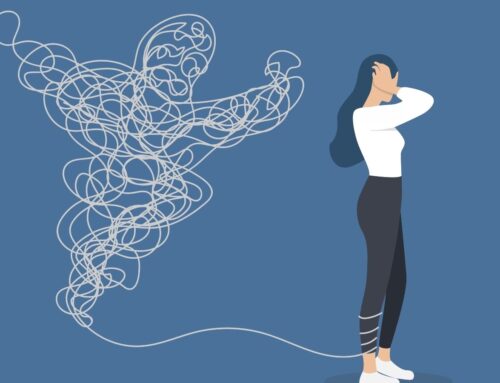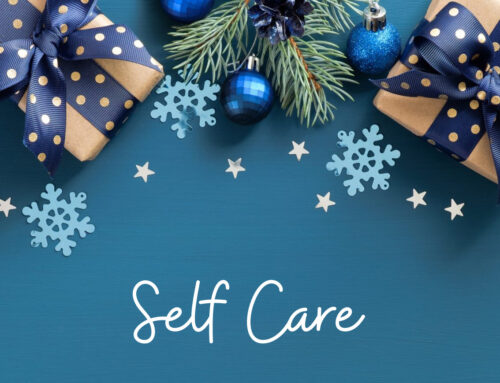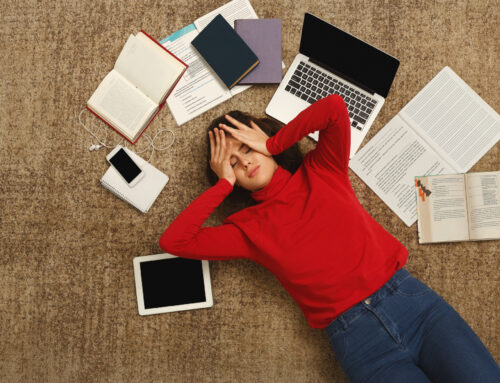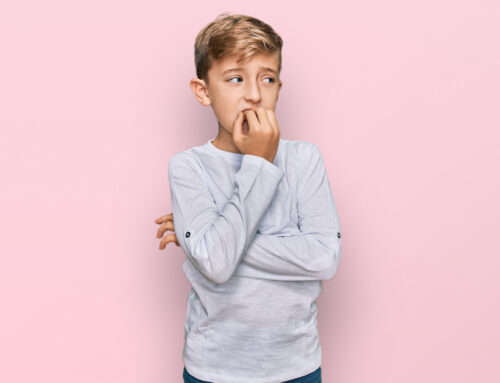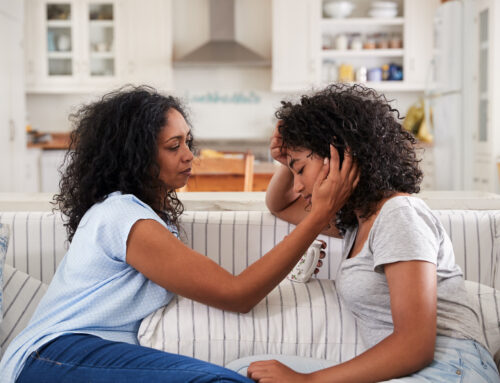By Caroline Spearman Psy.D.
Coronaviruses are a large family of diseases that may cause illness in animals and humans. The most recently discovered coronavirus, called COVID-19, began in an outbreak in Wuhan, China. Most people are unable to turn on the news or scroll through social media without seeing the word coronavirus on the screen. This large scale outbreak has caused hysteria in the media and appears to be impacting mental health on a worldwide scale.
Before the emergence of COVID-19, anxiety disorders were already among the most prevalent mental illnesses across the globe. Symptoms of anxiety are often triggered by environmental factors. Fear, distress, or uncertainty trigger a central nervous system response that can result in a variety of symptoms, including constant worry, overthinking, poor sleep, impaired focus, irritability, and withdrawal. One common consequence of an illness outbreak is hypervigilance. Individuals may become intensely aware of their health and the health of others causing them to feel stressed when in public places or even avoid public outings. If you or your loved ones are experiencing an increase in anxiety symptoms, there are several ways to cope, including:
· Maintaining adequate sleep hygiene: implement a relaxing, consistent bedtime routine, avoid screens and news articles prior to bedtime, limit daytime napping, avoid caffeine close to bedtime, and remove electronic devices from the bedroom
· Prioritize proper nutrition and regular exercise
· Focus on self-care through engaging in fun hobbies and outings with friends
· Practice mindfulness through meditation (try out the apps Calm or Headspace) or yoga
Regarding anxiety specific to COVID-19, it is important to understand the facts without becoming overly absorbed in media coverage. As of now, the CDC reports that most people in the United States have little immediate risk of exposure to the virus. It is also essential that individuals remember that the illness is generally mild and most people will recover with supportive care. Those with the highest risk of serious illness are the very young, very old, and those with underlying health conditions. In order to help lower anxiety related to COVID-19, individuals can:
· Focus on the facts and assess the real risk. As of now, the risk of contracting COVID-19 within the United States is low. However, remain aware that the risk assessment will be repeatedly updated as the situation evolves.
· Stay up to date on media coverage without becoming overly immersed in the topic. Spending all day reading coronavirus articles does not change your risk of getting the virus and will only increase stress and anxiety.
· Ease children’s fears by assuring them that the risk is still low and that coronavirus is treatable.
· Take steps to protect yourself through regular hand-washing, good respiratory hygiene (cover your cough with an elbow or tissue), and consuming immunity-boosting vitamins.
· Wearing a mask is only advised if you are ill with COVID-19 or are looking after someone who has COVID-19; otherwise, it is not recommended.
· Follow the advice of the local health authorities.
It is important to remember that anxiety is adaptive. It is natural to experience periodic symptoms of distress, especially when the media is so focused on spreading the news of an unfamiliar illness. However, if symptoms become persistent or impair daily functioning, then it might be time to consider seeking professional assistance through consultation with a therapist, psychiatrist, or physician.
For more information about Coronavirus facts, myths, and answers to frequently asked questions, learn from trusted resources, such as the CDC or WHO: · https://www.cdc.gov/coronavirus/index.html · https://www.who.int/emergencies/diseases/novel-coronavirus-2019

